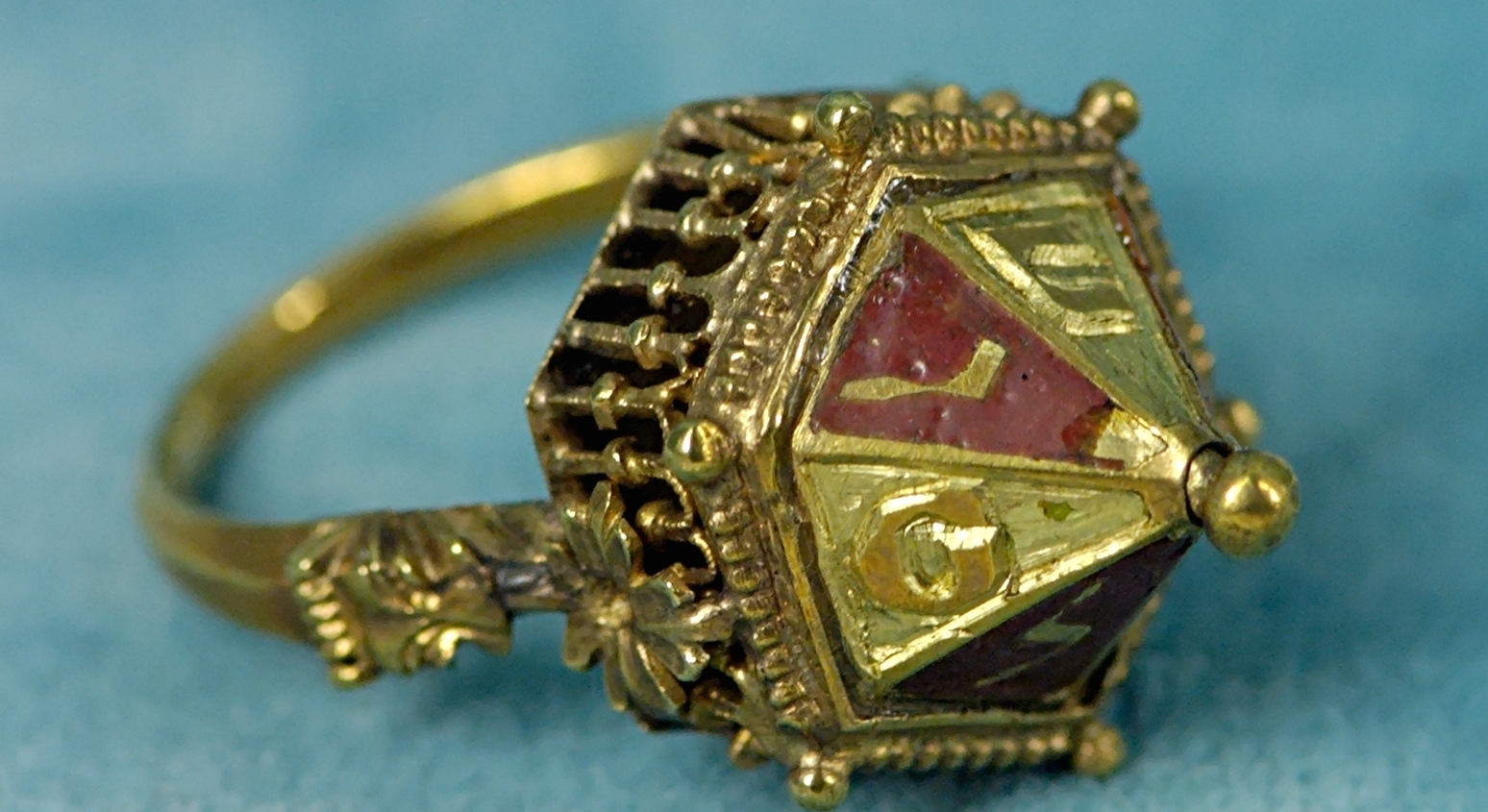- Apr 2, 2003
- 23,607
- 6,538
First, there are two words translated as "virgin" in the OT--bethulah and almah. Second, both words have more than one meaning. Bethulah clearly means a woman who hasn't had sexual intercourse (our modern definition) as seen in Deut 22:17-21. But it can also mean simply a young woman who is not married, a "maiden"; the idea is that of virility, not virginity.
Almah also clearly means one who hasn't had sexual intercourse (Gen 24:43, bearing in mind bethulah in 24:16), and also has the idea of maiden.
I cannot find any evidence that either word refers to a married woman who hasn't had a child. In the case of Isaiah 7:14, the virgin cannot refer to Isaiah's wife, if that's what the discussion is about, since Isaiah had a son with him at the time:
Isa 7:3 And the LORD said to Isaiah, “Go out to meet Ahaz, you and Shear-jashub your son, at the end of the conduit of the upper pool on the highway to the Washer's Field. (ESV)
Regarding marriage:
"The legal codes of the Torah provided for marriage and divorce and required the marriage bond as a prerequisite for sexual relations."
https://www.myjewishlearning.com/article/jewish-marriage-and-family-in-the-ancient-world/
Given the legal requirements around a man taking or asking for woman to be his wife, it seems unlikely that marriage was the act of consummation. I think the weight of the biblical testimony is against such an idea.
"The marriage was official when the betrothal took place. "Therewas no religious rite that was performed with the concluding ofthe marriage, although there was a feast at the conclusion ofthe festivities (Gen 29:27, Judg 14:10)"(Preuss, p. 104).A betrothed woman was, in the eyes of the people, legally married.When the marriage itself was consumated the husband received thewife and the family of the wife received a "dowry" (Pedersen,p. 68)."
https://www.theology.edu/marriage.htm
Almah also clearly means one who hasn't had sexual intercourse (Gen 24:43, bearing in mind bethulah in 24:16), and also has the idea of maiden.
I cannot find any evidence that either word refers to a married woman who hasn't had a child. In the case of Isaiah 7:14, the virgin cannot refer to Isaiah's wife, if that's what the discussion is about, since Isaiah had a son with him at the time:
Isa 7:3 And the LORD said to Isaiah, “Go out to meet Ahaz, you and Shear-jashub your son, at the end of the conduit of the upper pool on the highway to the Washer's Field. (ESV)
Regarding marriage:
"The legal codes of the Torah provided for marriage and divorce and required the marriage bond as a prerequisite for sexual relations."
https://www.myjewishlearning.com/article/jewish-marriage-and-family-in-the-ancient-world/
Given the legal requirements around a man taking or asking for woman to be his wife, it seems unlikely that marriage was the act of consummation. I think the weight of the biblical testimony is against such an idea.
"The marriage was official when the betrothal took place. "Therewas no religious rite that was performed with the concluding ofthe marriage, although there was a feast at the conclusion ofthe festivities (Gen 29:27, Judg 14:10)"(Preuss, p. 104).A betrothed woman was, in the eyes of the people, legally married.When the marriage itself was consumated the husband received thewife and the family of the wife received a "dowry" (Pedersen,p. 68)."
https://www.theology.edu/marriage.htm






